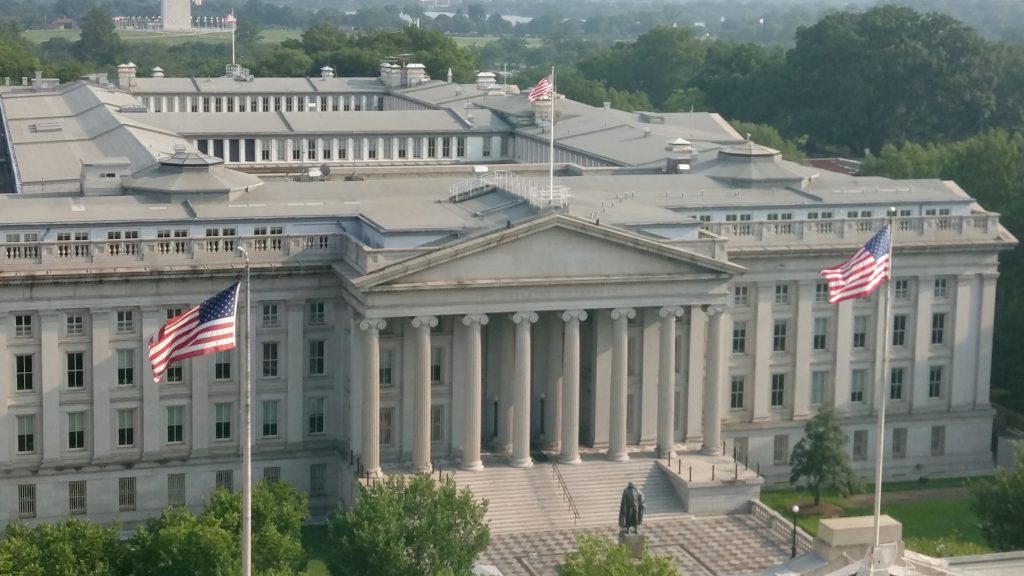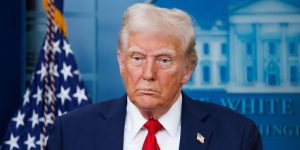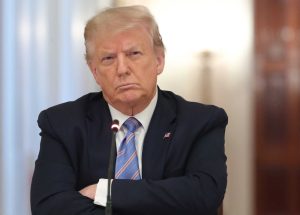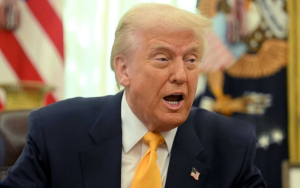Authorities warn of escalating cybersecurity threats.
Others are reading now
Hackers linked to the Chinese government have breached the U.S. Treasury Department’s Office of Foreign Assets Control (OFAC), according to officials familiar with the matter who spoke to The Washington Post.
The intrusion reportedly aimed to identify Chinese entities that may soon face U.S. financial sanctions.
The Treasury Department informed Congress about the cyberattack on December 30, stating that hackers gained access through the cybersecurity provider BeyondTrust.
This breach allowed access to work computers and unclassified documents.
Also read
Although classified materials were not compromised, unclassified information may offer insights into how the U.S. formulates sanctions policies and determines potential targets, said David Laufman, a former Justice Department official.
Scope and Context of the Attack
The Cybersecurity and Infrastructure Security Agency (CISA) and the FBI are currently assessing the damage.
This breach is not the first of its kind.
Chinese hackers reportedly infiltrated OFAC systems in the early 2000s, accessing internal employee communications. At the time, China denied any involvement, calling such accusations “groundless.”
In the fall of 2024, hackers with ties to Beijing compromised the servers of major U.S. telecommunications companies, including AT&T, Verizon, and Lumen, accessing correspondence and calls of about 150 American politicians.
Victims included then-President-elect Donald Trump and Vice President-elect J.D. Vance. Democratic Senator Mark Warner described it as “the largest hack of telecommunications networks in the history of our country.”
The FBI has warned of a sharp rise in Chinese hacking attempts targeting critical U.S. infrastructure.
The agency described these efforts as “unprecedented” and a significant national security threat.








